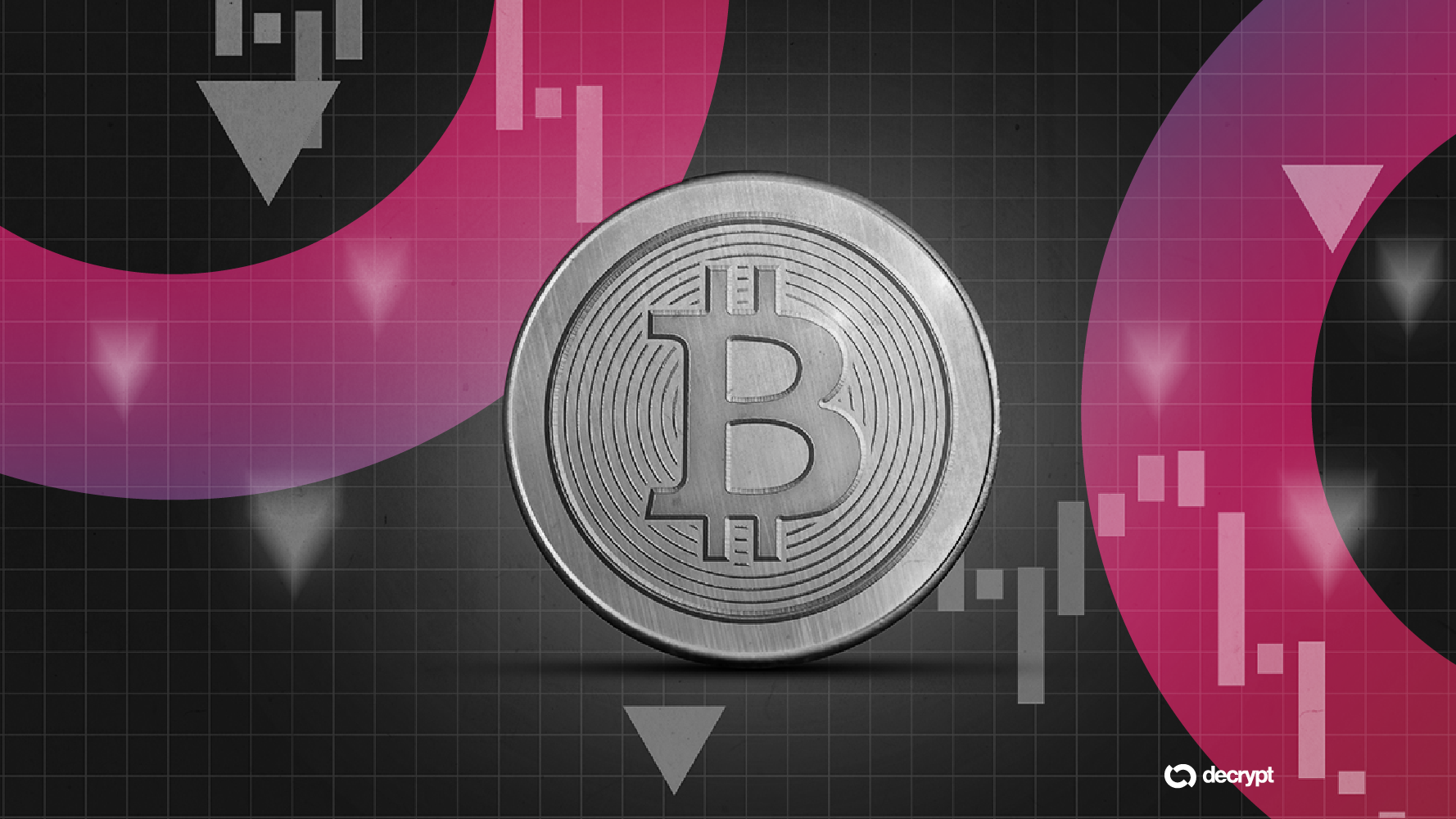Chia Der Jiun, the Managing Director at MAS, has announced that Singapore plans to rein in stablecoin laws and experiment with tokenized bills. Chia highlighted that the MAS has established a vibrant FinTech sector comprising over 1,800 FinTech firms across different domains.
Chia stated that MAS launched the BLOOM initiative to support the industry’s trials with tokenized bills and regulated stablecoins for settlement. He invited FIs (Financial Institutions), as well as clearing and settlement network operators, to help conduct trials under this initiative.
He noted that three Singapore banks, including DBS Bank, United Overseas Bank (UOB), and Oversea-China Banking Corporation (OCBC), have successfully conducted interbank overnight lending transactions. The settlement used the first live trial issuance of Singapore dollar-backed CBDC.
Chia asserted that MAS has provided support to hundreds of innovation projects and centers over the past decade. He added that, in recognition of the benefits of technology and innovation, MAS has established a regulatory sandbox and exercised regulatory flexibility to test business models. The MAS managing director says the regulator will trial the issuance of tokenized MAS bills to primary dealers and settle with CBDC.
Chia says MAS to publish tokenization guide
Chia Jiun mentioned that MAS is taking a step towards providing more regulatory clarity and will be publishing a “Guide on the Tokenization of Capital Market Products” later this week. The guide will use case studies to provide more clarity on the regulated treatment of tokenized capital market products, such as bills. It also provides guidance on the applicable disclosures and will be updated periodically as tokenization develops.
According to Chia, there are specificities in tokenization and blockchain networks that would benefit from more regulatory and legal clarity. The MAS executive noted that many regulators have adopted a technology-neutral approach, and regulatory standards only apply based on their economic and legal substance.
However, MAS is also working with industry and international counterparts to address barriers and gaps to the adoption of asset-backed tokens.
Chia said a joint report published yesterday provides actionable steps for market participants and regulators to help scale adoption. The collaboration is between the Investment Association of the UK and the Investment Management Association of Singapore, with support from the UK Financial Conduct Authority and MAS.
MAS claims Singapore needs institutional-grade networks
MAS emphasized that stablecoins and tokenized bills need foundational blockchain attributes that are not readily available on public permissionless blockchains. The regulator noted that the ideal network should have clear governance structures, secure and reliable performance, regulatory compliance, predictable and transparent fees, settlement finality, and privacy optionality.
Meanwhile, Chia said that FIs and innovators are developing solutions to make blockchain networks institutional-grade. Other network operators are also developing customizable private blockchains with the features identified above. Some are building permissioned and compliance layers on public blockchain networks.
However, for market participants to gain greater confidence in these networks, the MAS claims that there needs to be more clarity on whether these arrangements are compliant with regulatory standards. The participants would also like to see more industry standards developed around functionalities and operational performance.
Another notable contribution has been the GL1 Market Infrastructure Toolkit, developed under the support of the Global Layer One initiative. FIs and network operators can utilize the toolkit to determine whether blockchains comply with internationally recognized regulatory standards, such as the PFMI, and market practices, including the DAS CP developed by FMI operators. The toolkit comprises 108 controls, and Chia believes that such verification processes and tools will help build confidence in using compliant blockchains.
Want your project in front of crypto’s top minds? Feature it in our next industry report, where data meets impact.
Source: https://www.cryptopolitan.com/singapore-stablecoin-laws-tokenized-bills/


